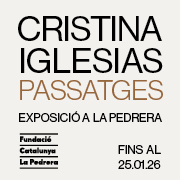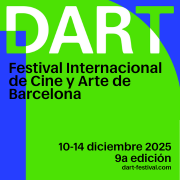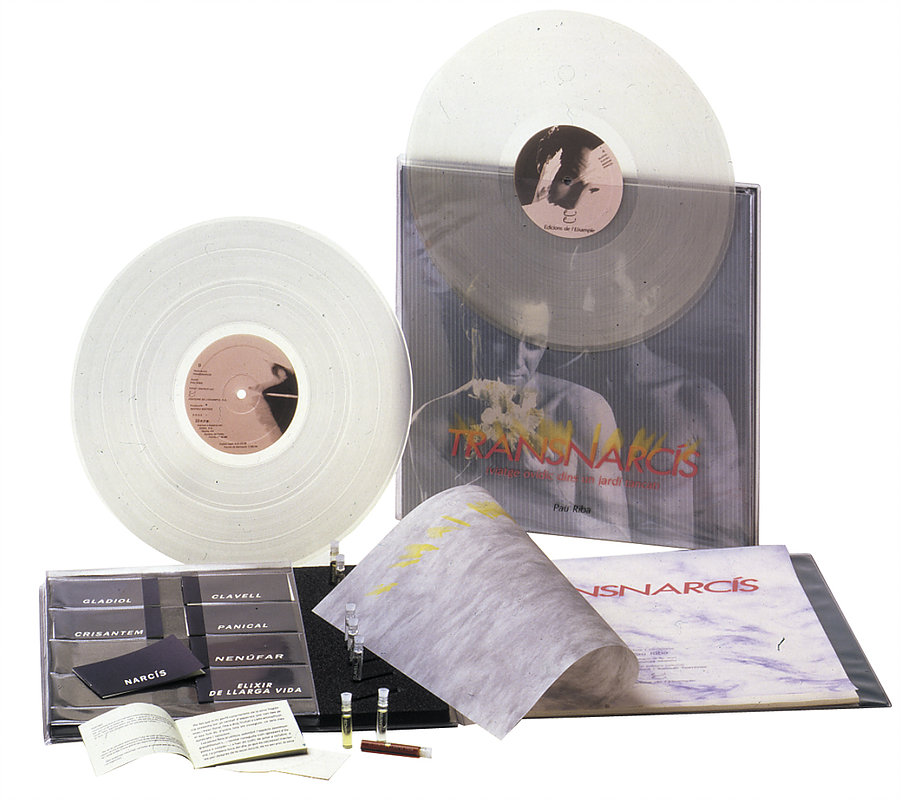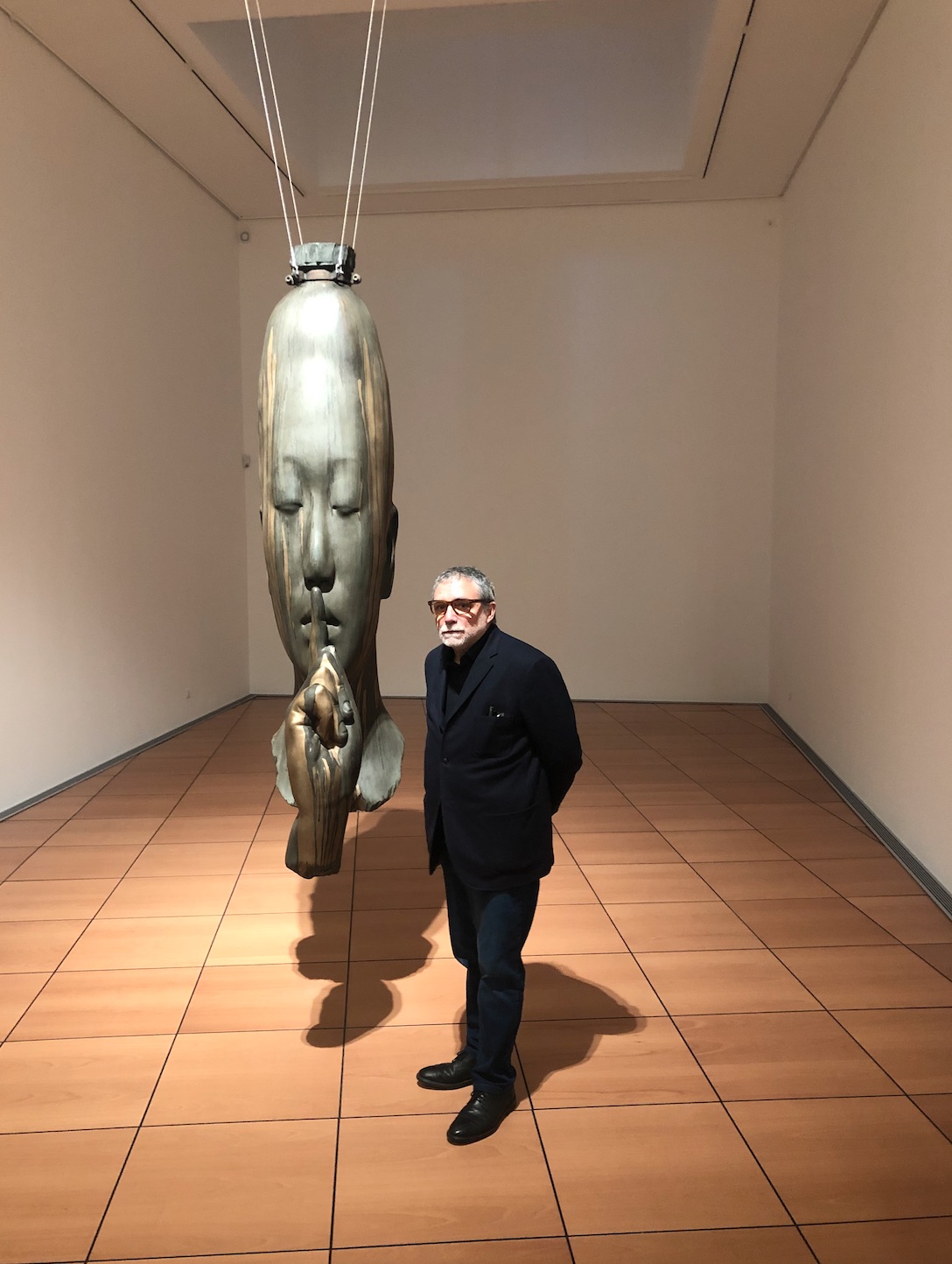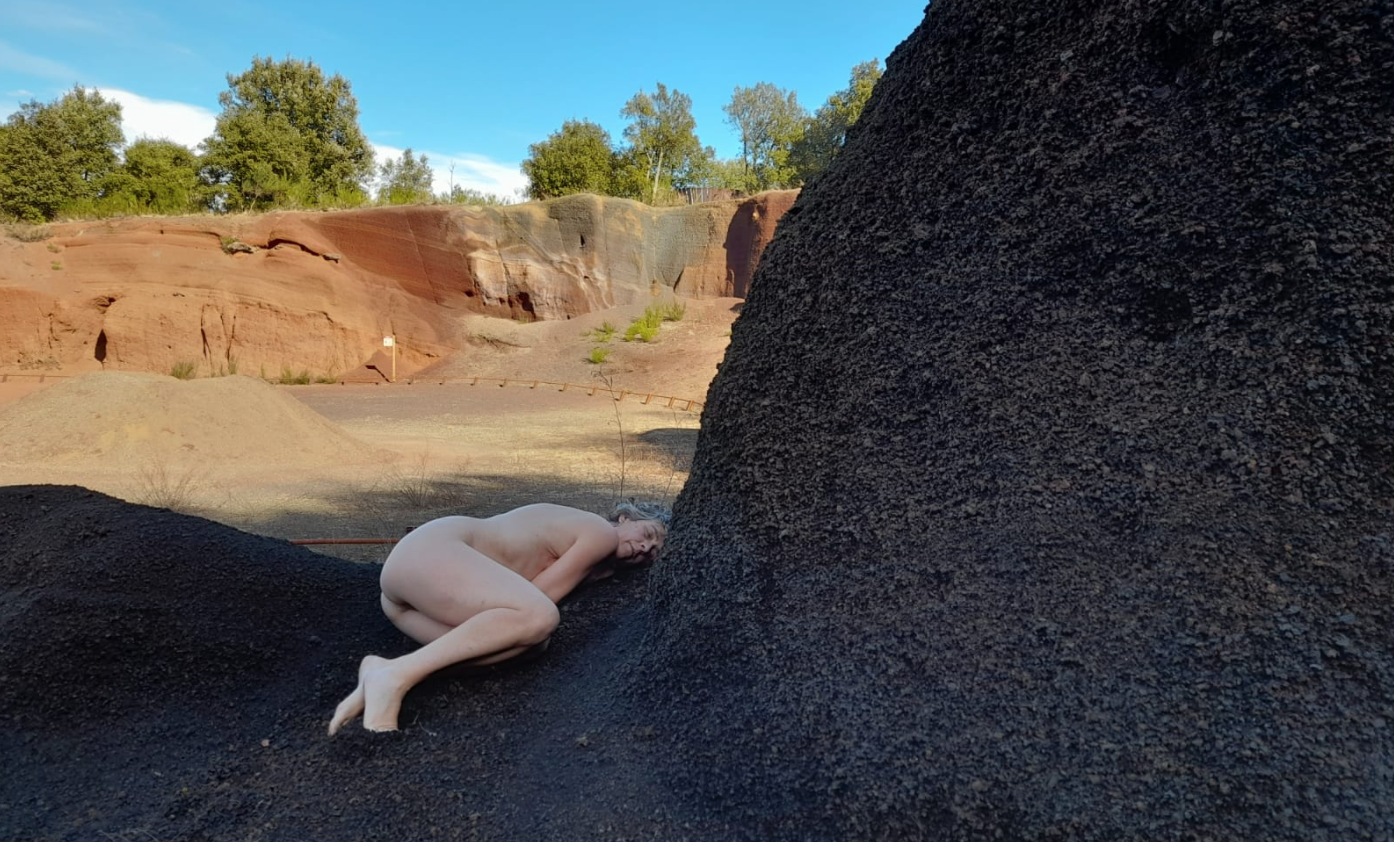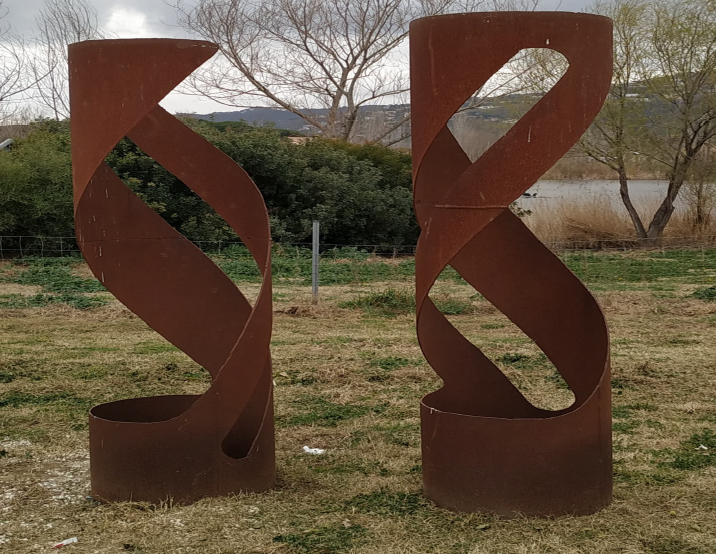Opinion
Against nature
Casa Saladrigas acull "Contra Natura" de Manel Bayo, una mostra que es podrà visitar fins al 2 d’abril.
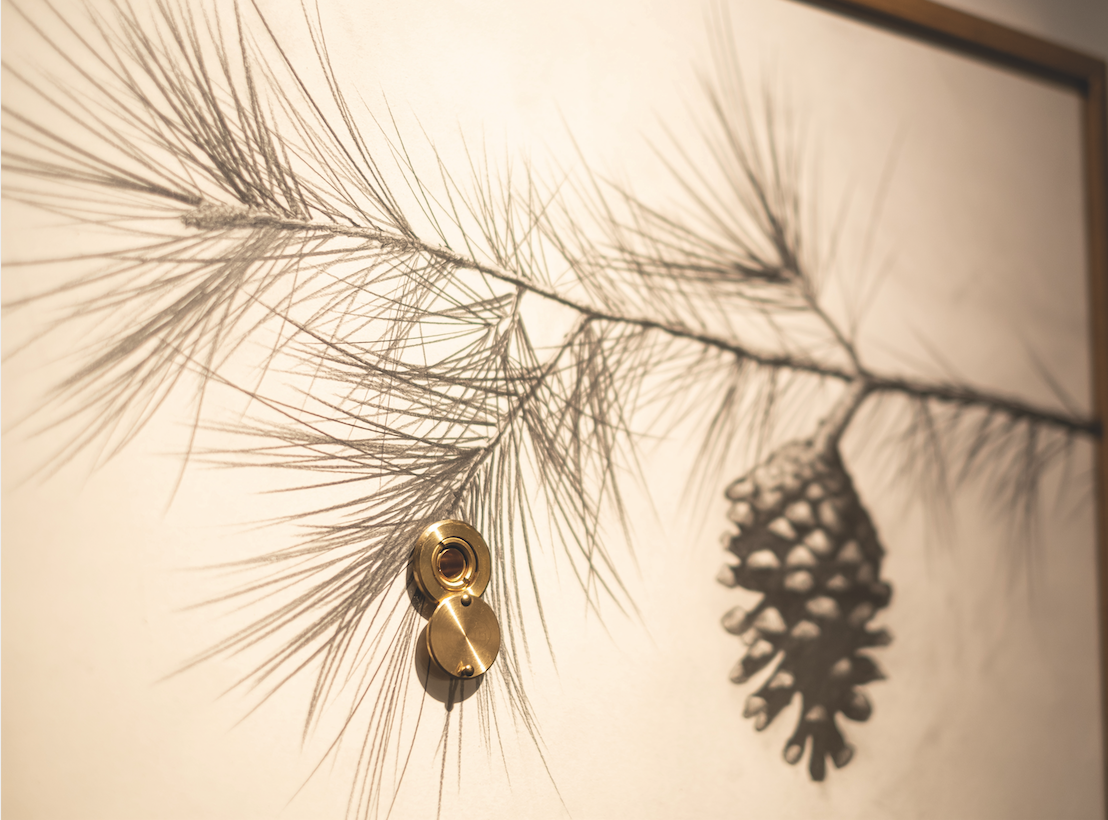
Man has no nature. This laconic but forceful statement should be, in P. Dust's opinion, the real emblem (or leitmotif) of Ortega y Gasset's philosophical journey: the Madrid thinker, known above all for his self and his circumstance, tried always prevent the reader (as if he were being given a conceptual vaccine) from transcendentalist excesses, beginning with the idea of a “human essence” to which we should be held accountable in a sense, say, Aristotelian, and ending with the invention Cartesian of a monolithic self on which to build the whole edifice of human knowledge. Obviously, Ortega was well aware of the implications of such a statement. So this: in the absence of nature, what is left for man?
And even more: how is the desire to know the reality of this being exiled from the world explained? In a text from 1931 (¿Qué es el conocimiento?), The author of La rebelió de las masses states it bluntly: "The pure truth is that man feels a strange desire to know, he lacks the talents; that is to say, that it lacks precisely nature, in the Aristotelian sense of the term ”; a deficiency that would make him "destitute" and "idle" and, at the same time, a "living inadequacy." The price that man will have to pay is that of chronic dissatisfaction and that of existential anxiety: “We soon realized that physical reason had to fail in the face of human problems. Because man has no nature, he does not have a fixed, static, previous and given being [...] It is something radically plastic capable of deserestoylootroyasísin limits ", concluded Ortega to his Aurora of the historical reason (1935). But let us return to Ortega y Gasset and Huysmans: in both cases, dissatisfaction and physical pathology take us to a pharmacological universe very close to that described by authors such as Paul B. Preciado (in his case, the regime would be “pharmacopornographic ”). In other words, sexuality experienced as a pathology (what some, such as the psychologist John Money, would call "paraphilias") is flourishing in today's narcotized society. And we say "bloom" very consciously: the flowers drawn by Manel Bayo are still reproductive organs. In fact, the word orchid, as it is called the flower of the largest botanical family in existence, comes from the Greek term órkhis (ὄρχις), meaning 'testicle' or 'ovary'. These are flowers, drawn by Bayo, from artificial paradises, mental places hidden behind doors that only open if you have the key to the right chemical happiness. In this sense, medicine boxes are another way of making visible the shortcomings of that “indigent” and “idle”, of that “living insufficiency” that Ortega called “human person”.
Contra natura is an exhibition project that aims to question (pointing out) the fine and sometimes ambiguous boundaries that separate elements traditionally seen as antagonistic. The first and most obvious is, as we said, between what we consider natural and what is artificial. Another, perhaps even more relevant, would be that which would contrast poison with medicine. Again, the distinction is hugely blurred. Strictly speaking, a drug (from the Greek φάρμακο, literally 'drug') is any biologically active substance capable of altering the metabolism of the cells it affects. In the field of medicine they are used for therapeutic or preventive purposes (prophylaxis). This concept of drug includes drugs, neurotransmitters, hormones, poisons, and so on. The question is the same again: the difference lies in the use we make of it and, even more so, in its monopoly and control. The reactive Rose imagined by Bayo expresses it perfectly: its beauty is as deceptive as the elementary particles that make it up. One thing is the general story and the other is the problematic singularities on which it is based.
The idea was already announced by Baudelaire in a clear and precise way: Anywhere out of the world. Neither more nor less: "This life is a hospital where every patient is possessed of the desire to change beds."


